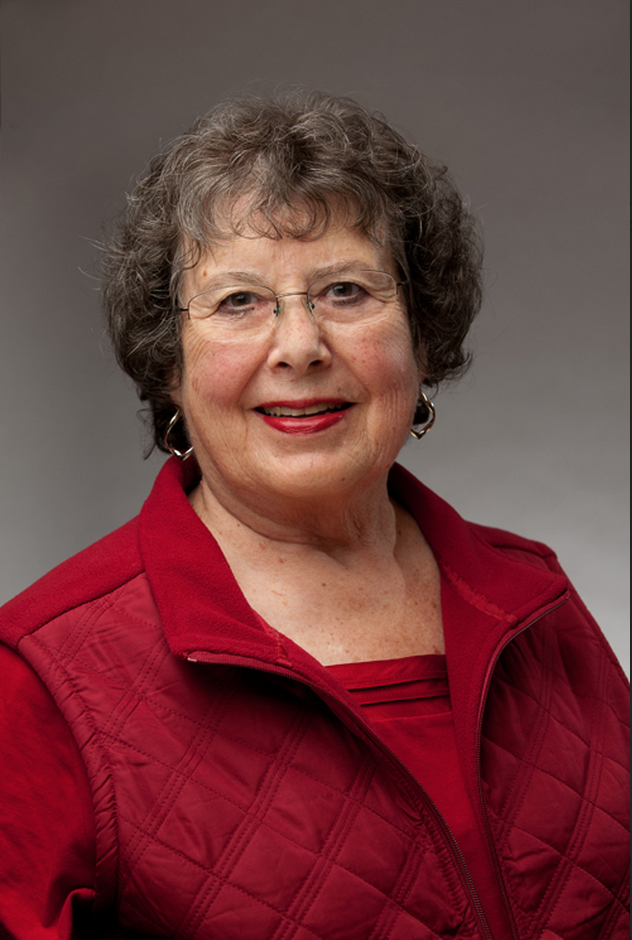- Details
- Published: 12 January 2016
Interview with Sherry Baker
What is the BC Association of Community Response Networks?
“The British Columbia Association of Community Response Networks is a provincial organization whose mandate is to facilitate the awareness and prevention of adult abuse, neglect and self neglect in the province by forming local communities response networks. The BC CRN acts on a grassroots level as a backbone organization that supports networks through ideas, small grants and mentorship resources within the 15 regions of BC. The association has no front line workers, but helps bring together agencies and service providers to work up a coordinated, collaborative local response to elder abuse, neglect and self-neglect.
The BC Association of CRNs was originally developed 25 years ago on the heels of the Adult Guardianship Act, and operates on the principles of non-intrusive support and trust building. It encourages the self-determination and meaningful participation of a variety of communities in order for these communities to develop their capacity on their own terms. The networks’ work is to listen to people’s needs and help them achieve their goals by putting them in touch with the right resources. First and foremost, the communities define what they need and not the other way around.”
How does such a flexible model work in actuality?
“Each of the 60 networks (serving a total of 133 communities) is a self-governing, diverse entity, led by a volunteer coordinator. Regional mentors (1 for each of the 15 regions) help support the Community Response Network with BC CRN resources such as tool kits, monthly provincial training events (through free teleconference), advocacy, small project grants to support volunteer efforts (via Gaming funding) etc. We rely largely on a variety of communication tools such as monthly newsletters, periodic posts on our website, monthly mentors meeting, Community of Practice teleconferences for volunteers and for specific topics (WEAAD, Aboriginal services) etc.
This strikingly new model, possibly the only one of its kind in Canada, is going through a thorough and unique developmental evaluation process to measure the quantitative and qualitative increases in awareness, as well as the stages of readiness in diverse communities to prove to funders that the money allocated is having a positive effect. Additionally, the BC CRN has a comprehensive data gathering process in place which documents the involvement of the CRNs and the larger community response."
Tell us about BCCRN’s most notable current projects and collaborations
- BC Ministry of Health news release
“In June 2015, the Parliamentary Secretary for Seniors announced $2.6 million in funding to the BC Association of Community Response Networks. The Province has also provided $700,000 over two years to the BC Association of Community Response Networks to support the Council to Reduce Elder Abuse-related activities. These grants are to support community-based awareness building, enhanced training and improved response to elder abuse through community partnerships and collaboration. There are 14 grant recipients and each project has received up to $50,000.”
- CREA
“The Council to Reduce Elder Abuse (CREA) was formed as the body which oversees and helps to implement the provincial Together to Reduce Elder Abuse strategy. It is a cross sectoral body made up of senior representatives from up to 15 different sectors, including the Canadian Bankers Association, the Canadian Bar Association, the RCMP, the Ministry of Health, the PGT, the Aboriginal Communities, Central 1 Credit Union, Intercultural Association, COSCO etc. It also includes agencies which are directly involved in providing services and support such as the BC CRN, the BC Centre for Elder Advocacy and Support and the BC Family Care Providers Association. The BC CRN, through its local community networks (CRNs) is able to help roll out initiatives and provide information and resources from a wide range of sources to the individuals who are directly impacted by abuse, neglect and self-neglect.”
- It’s Not Right
“The BC CRN has established collaborative relationships with provincial, national and international organizations, as well as with the Public Guardian and Trustee and government ministries, among others. It also recently developed a partnership with It’s Not Right, Neighbours, Friends and Families as the only BC organization sanctioned to provide these workshops which address Bystander Engagement as a tool to increase awareness of Elder Abuse. INR NFF has provided training for all BC CRN regional mentors and team leaders. Since this fall, volunteers and mentors can be trained and registered as INR NFF trainers and presenters, and gain access to video and training materials for free. The association is expecting to train up to 100 more presenters before the end of 2016. Copious work also goes into adapting the INR NFF tools to be culturally appropriate. The INR tools, which focus largely on the individual approach are being reworked towards a collective approach for aboriginal communities in order to be both respectful and useful to them for addressing abuse and abusers. This work of cultural adaptation also applies to work in Chinese communities (with subtitled scenarios and an interpreter).”
- French community project - Under development.
”Thanks to funding from the New Horizons for Seniors Programme, a project developing materials on abuse and neglect for the B.C. French community is under way through the Francophone Affairs Program, using the translated version developed in Quebec as part of the initial INR NFF project.”
- I2i Intergenerational Society
“Another collaboration in the works involves an intergenerational awareness project with Sharon McKenzie and i2i intergenerational Society. We have been developing materials for mentors about intergenerational work. This material will be a stand-alone awareness and education piece. It is intended to be used by the CRNs as an additional resource once the communities have received the INR NFF training and are looking for another way to reach out into the community. It builds on the same approach as that which informs the INR NFF work."
- WEAAD
The BC CRNs were very involved in 2015 WEAAD events all over Vancouver and the province of British Columbia, providing many small grants and participating to many events across the province (from inviting people to wear purple on June 15th to show their support for ending Elder Abuse to getting the sails at Canada place lit purple.  The CRNs also provide promotional materials to any agency or community to helppromote this day. Order forms are available on the website.
The CRNs also provide promotional materials to any agency or community to helppromote this day. Order forms are available on the website.
2016 WEAAD events are in development, in conjunction with the BC CRN, Sharon MacKenzie of i2i intergenerational society and the Canadian Network for the Prevention of Elder Abuse.
For more information
www.bccrns.ca
Read the BCCRN 2015 Annual report here
Twitter: @BCCRNS
Facebook: https://www.facebook.com/bccrns
About Sherry Baker Sherry Baker has been the Executive Director of the BC Association of Community Response Networks since July 2010. Over the years she was actively involved with a number of key organizations in British Columbia that focus on abuse, safety or justice matters. These included Ishtar Transition Housing Society and Aldergrove Neighbourhood Services, the BC Centre for Elder Advocacy and Support and South Fraser Family Courtand Youth Justice Committee and the Minerva Foundation for B.C. Women.
Sherry Baker has been the Executive Director of the BC Association of Community Response Networks since July 2010. Over the years she was actively involved with a number of key organizations in British Columbia that focus on abuse, safety or justice matters. These included Ishtar Transition Housing Society and Aldergrove Neighbourhood Services, the BC Centre for Elder Advocacy and Support and South Fraser Family Courtand Youth Justice Committee and the Minerva Foundation for B.C. Women.
Sherry was awarded the Canada 125 Medal "in recognition of significant contribution to compatriots, community and to Canada", two Paul Harris Fellowships by Rotary International and received the Queen’s Diamond Jubilee Medal in 2013.
Sherry holds a Master of Arts in Applied Behavioural Science, a Bachelor of Home Economics from the University of B.C. and a Diploma in Business Administration from Fraser Valley University. Sherry is currently Treasurer on the CNPEA Board of Directors. You can reach her at

















